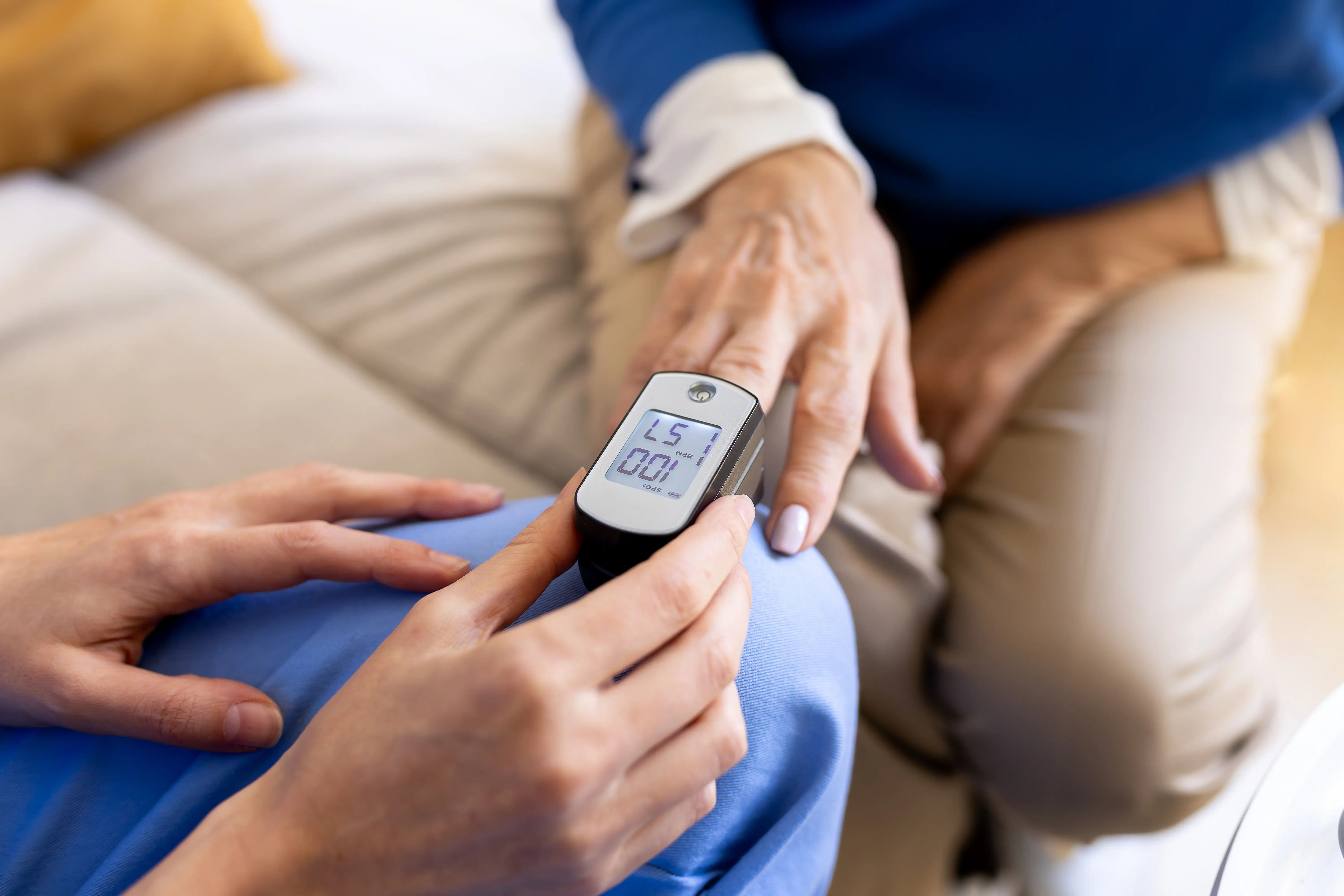- male
- 50 Years
- 22/01/2025
I'm trying to figure out how to boost my good cholesterol levels. Are there any exercises or medications that can help with this? Ive already started taking Fibator 10145. I'm just worried if that's enough or if there's something else I should be doing. What do you recommend?
Answered by 1 Apollo Doctors
Exercise plays a crucial role in managing high cholesterol. Here are effective exercises:
Aerobic Exercises
- Brisk Walking: 30 minutesday, 5 daysweek
- JoggingRunning: 20-30 minutes, 3-4 timesweek
- Cycling: 30 minutes, 5 daysweek
- Swimming: 20-30 minutes, 3-4 timesweek
- Dancing: 30 minutes, 5 daysweek
High-Intensity Interval Training (HIIT)
- Sprints: 30 seconds of intense sprinting followed by 30 seconds of rest
- Burpees: 10-15 reps, 3 sets
- Jump Squats: 15-20 reps, 3 sets
- Mountain Climbers: 30 seconds, 3 sets
Strength Training
- Resistance Band Exercises: 10-15 reps, 3 sets
- Weightlifting: 10-15 reps, 3 sets (focus on upper body and legs)
- Bodyweight Exercises: push-ups, squats, lunges, planks
Yoga and Stretching
- Yoga: 30 minutes, 3-4 timesweek (reduces stress and improves flexibility)
- Stretching: 10-15 minutes, 5 daysweek (improves flexibility and reduces inflammation)
Additional Tips
- Start slowly: Gradually increase exercise duration and intensity.
- Consult a doctor: Before starting any new exercise program.
- Monitor progress: Track cholesterol levels, blood pressure, and overall health.
- Combine with diet: Healthy eating habits complement exercise benefits.
Benefits of Exercise for High Cholesterol
- Increases HDL (good) cholesterol
- Reduces LDL (bad) cholesterol
- Improves blood lipid profiles
- Lowers blood pressure
- Reduces inflammation
- Improves insulin sensitivity
- Enhances overall cardiovascular health
Dr. Mubarak Suggests...
Consult a Cardiologist
Answered 04/07/2025
0
0

More Cardiology Health Queries
View allI'm looking for some advice. My husband, who's 29 and weighs around 92 kg, has been feeling a pinching sensation in his chest and some pain in his left arm for about 45 days now. He's a non-smoker, drinks occasionally, and his parents both had heart attacks before. Our cardio doctor suggested a CT coronary angio test, which is non-invasive. About six months ago, he had episodes of increased heartbeats, anxiety, and sweating, and we did a bunch of tests like the 2D Echo Doppler, TMT, and trop T, which all came back normal in September 2018. I'm wondering if this is a good step to take to get more clarity on what's happening with him. Are there any side effects from this test we should be aware of, and is there anything specific we should do to prepare before he takes the test?
Thats unusual,visit General Physician for appropriate approach.and maintain balanced diet and healthy lifestyle
Answered by 1 Apollo Doctors
I'm really concerned about my mom. She had a heart attack at the end of October and initially had some anginal pain, but the meds seemed to help for a couple of months. After an angiography, her doctor found an 85% blockage in the LCX OM artery and decided to do an angioplasty. I was hoping that would improve things, but a month later, her LVEF dropped from 45 to 32. Before the angioplasty, her heart was stable, and the dimensions of the left atrium and ventricle seemed normal, but now they're dilated. I was expecting her to get better after the angioplasty and I'm really worried. It's just me and my mom, and I need some guidance on what could be happening. Can you help?
The drop in LVEF after angioplasty may be due to various factors such as the extent of the heart muscle damage from the heart attack, the response to the stent placement, or potential complications post-procedure. To help improve her heart function and prevent further deterioration, her doctor may consider adding medications like Carvedilol (Coreg) to help improve heart function and reduce strain on the heart. Additionally, medications like Lisinopril (Zestril) may be prescribed to help reduce the risk of future heart-related events. It's important for your mother to follow up regularly with her cardiologist for monitoring her heart function and adjusting her treatment plan as needed. Encouraging her to maintain a healthy lifestyle with a balanced diet, regular exercise, and stress management can also support her heart health. Stay positive and supportive for your mother during this challenging time
Answered by 1 Apollo Doctors
I've been feeling this heavy sensation and pressure on my chest, and it's making it hard to breathe. There's no actual pain, but it's definitely worrying me. What could be causing this shortness of breath? Should I be concerned?
Ecg and x-ray chest pa view is advised to the patient.
Answered by 1 Apollo Doctors
Disclaimer: Answers on Apollo 247 are not intended to replace your doctor advice. Always seek help of a professional doctor in case of an medical emergency or ailment.




